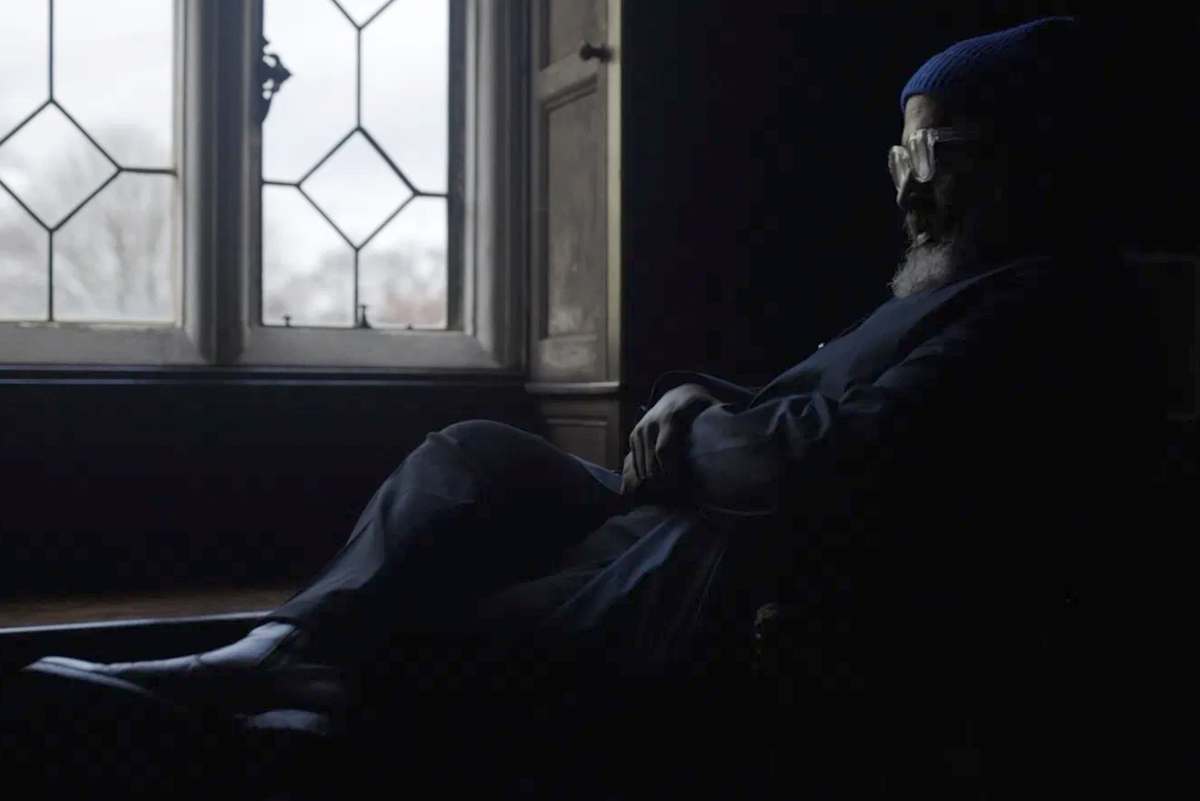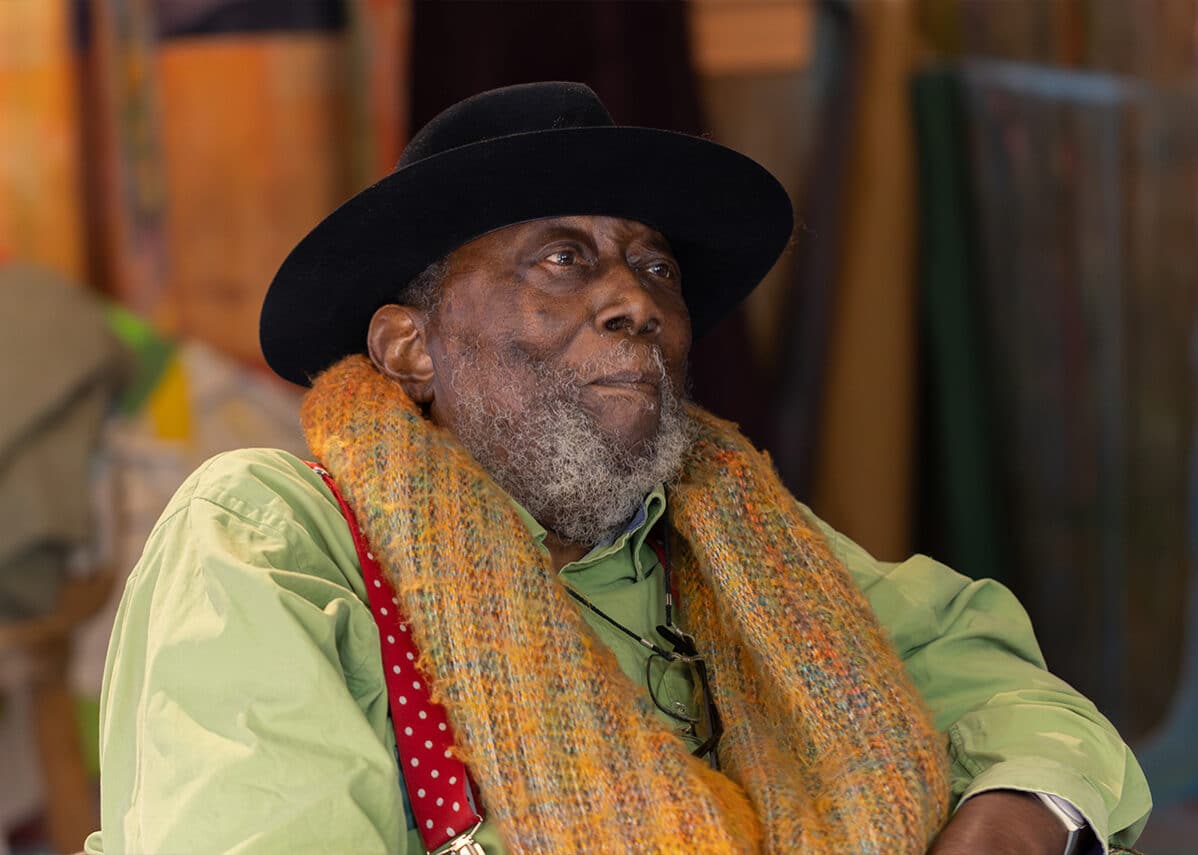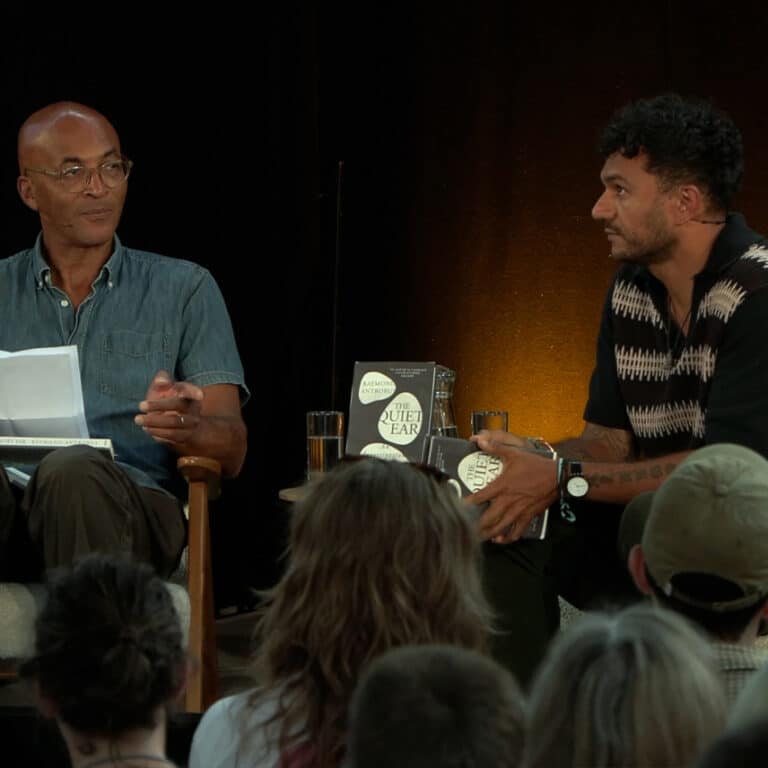Belonging

Umi Sinha
(Myriad Editions, 2015)
Review by Naomi Foyle
Belonging by Umi Sinha is an outstanding historical novel. An intergenerational story of the British Raj, told largely through the diary entries and letters of the ruling colonials, the book offers meticulously researched accounts of the notorious 1857 Siege of Cawnpore, the hidden life of a ‘bibi’ – a white man’s Indian mistress ‒ and the World War One experiences of men treated at Brighton’s Royal Pavilion Indian Hospital. But Belonging can also claim stakes in the Global Gothic ‒ a genre in which global majority writers and artists celebrate their own frightening folklore and plumb the true horrors of slavery and Empire.
As one would expect, the Global Gothic is rife with supernatural traditions and imaginings: vengeful Japanese spirits, Indigenous ghost stories or quasi-sci-fi novels like Kindred by Octavia E. Butler, in which the time-travelling Afro-American heroine is dragged back, again and again, to the antebellum South. But Gothic terrain is also marked by psychological and political tropes: the ‘ancestral curse’, mental illness, secrets, ‘tainted blood’, a corrupt aristocracy, the unreliable narrator – and these make the genre a ripe choice for authors, like Sinha, seeking to excavate the unspeakable traumas and illicit desires buried in colonial histories. Belonging is not a literal ghost story, but its stunning opening chapter – in which a newly-embroidered tablecloth triggers a family tragedy – immerses the reader in a domestic sphere haunted by violent loss and pervaded by mystery. Throughout the book, characters struggle with secrets and taboos from homosexual love to ‘going doolally’. While men suffer too, Belonging displays a deep concern with the mental anguish of women, especially brown and mixed-heritage women. Here, it recalls a forerunner of the Global Gothic, Wide Sargasso Sea by the British-Dominican Jean Rhys, a prequel to Charlotte Bronte’s Jane Eyre, set in Jamaica, telling the story of Mr Rochester’s Creole wife before she became the ‘madwoman in the attic’. In a complex moment of literary allusion, Sinha’s young characters act out scenes from Jane Eyre. Elsewhere, in the unstable character Rebecca, Belonging offers a postcolonial take on Daphne du Maurier’s famous Gothic anti-heroine.
How exactly a tablecloth can provoke desperation and ruin is a question Sinha magnificently delays answering until the very end of the book, forcing me to devour the novel in two sittings. I returned to it for the epic narrative and the lucid immediacy of its voices: rebellious young Lila, her ill-starred father Henry and naïve grandmother Cecily. ‘Lila’, it is revealed, is a Sanskrit word for the ‘sport’ or ‘play’ of the universe, in which all that appears solid is in fact in motion, danced by Shiva into being. Increasingly in Belonging, all is not as it seems. Refusing to remain in their colonial niches, the Indian and Anglo-Indian characters emerge from the shadows to puncture the racist illusions of the Raj. And throughout this compelling novel, Sinha’s authorial needle flashes deftly between historical events and the damage they do, exposing and unpicking the frayed ends, knots and snarls in the psyches of both coloniser and colonised.
https://myriadeditions.com/books/belonging/
RENDANG
A magical reclamation of individuality from the mass of some of the world’s largest cities
Granta 173: India
A look at four short pieces of fiction from Granta's latest edition showcasing Indian writing
The Thing with Feathers
Dylan Southern’s film adaptation puts masculinity front and centre
Watching a theatre go dark
What we lost with the Blue Elephant Theatre
Waste not, want not
The cultural politics of waste
Frank Bowling
An interview with one of the foremost artists of his generation, Sir Frank Bowling

Reggae Story
Hannah Lowe reads her poem, 'Reggae Story' inspired by her Jamaican father, Chick. Directed by Matthew Thompson and commissioned by the Adrian Brinkerhoff Poetry Foundation.

The City Kids See the Sea
Roger Robinson reads his poem, 'The City Kids See the Sea'. Directed by Matthew Thompson and commissioned by the Adrian Brinkerhoff Poetry Foundation.
Illuminating, in-depth conversations between writers.
Listen to all episodes
SpotifyApple Podcasts
Amazon Music
YouTube
Other apps
The series that tells the true-life stories of migration to the UK.
Listen to all episodes
SpotifyApple Podcasts
Amazon Music
YouTube
Other apps
Afro-Caribbean writer Frantz Fanon, his work as a psychiatrist and commitment to independence movements.
Listen to all episodes
SpotifyApple Podcasts
YouTube















